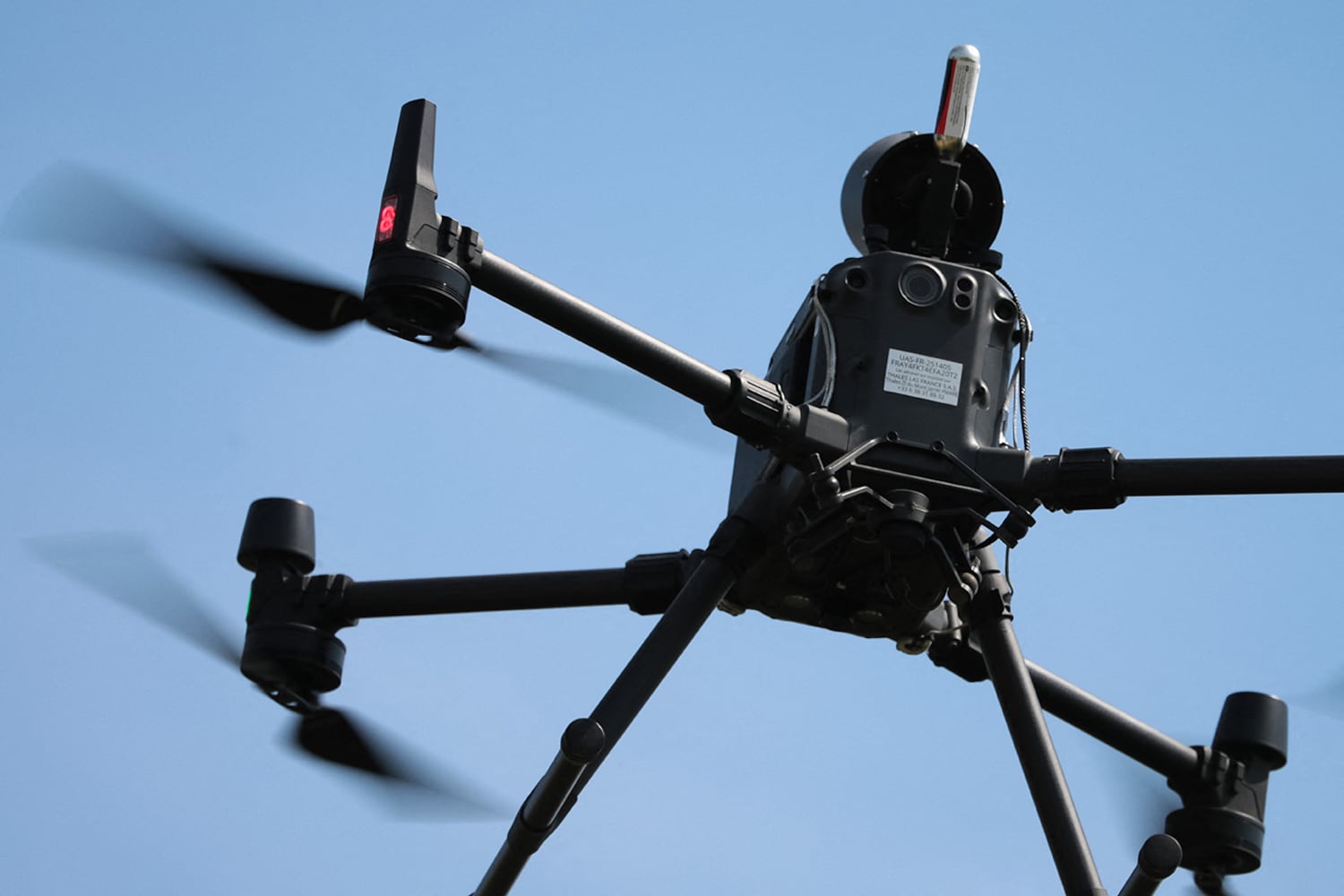GlobalFoundries, a New York-based company, is the world’s third largest maker of semiconductor chips. It landed in hot water this month when U.S. authorities fined it $500,000 for selling its products to SJ Semiconductor, a Chinese company that can be found on a growing list of firms deemed a national security threat.
Known unofficially as “America’s blacklist,” this catalog of over a thousand companies is maintained by the Bureau of Industry and Security, a division of the Commerce Department. Officially called the Entity List, it dates back decades and includes firms that are part of China’s military industrial complex. Companies from other countries like Iran and Russia are also on the list, but Chinese companies have the highest representation.
U.S. businesses have to obtain a special license in order to trade with these companies.
New firms are added regularly.
Why are Chinese companies a focus on the blacklist?
China has one of the most robust economies in the world and is attempting to modernize their military, the People’s Liberation Army, on air, land and sea. U.S. officials believe that China has been expanding their military in recent years in order to achieve dominance over the United States and gain an edge over its armed forces.
Buying U.S. products helps Chinese manufacturers make weapons and develop technology, Western experts say. “China’s basically using these civilian companies to bolster its military,” says University of Tennessee’s Vasabjit Banerjee, coauthor of an October 2022 Foreign Affairs article, “The Coming Chinese Weapons Boom.”
Chinese officials counter that they are promoting international cooperation through trade, not trying to dominate others with it.
“The Chinese side has all along firmly opposed the U.S.’ arbitrary use of [the] ‘Entity List,’ as well as other export control instruments, to suppress Chinese companies,” Liu Pengyu, a spokesperson at the Chinese embassy in Washington, told RFA. “We urge the US side to stop using national security as a catch-all phrase to politicize and weaponize trade issues.”
What happens when a company gets “blacklisted”?
Companies can get added to the Entity List when employees at federal agencies such as State, Energy or Homeland Security draw up a request to consider whether a foreign company should be added. They explain why they believe the firm poses a threat to national security and then submit their request to a group known as the End-User Review Committee. Members of the committee evaluate the request and then vote. If a majority agrees that a company poses a threat, then it’s added. There are currently more than 1,100 companies on the list. China has the most entries.

Those in the U.S who try to secretly export goods may be punished. The penalties may range from hefty fines to imprisonment.
A smaller, more recently formed list known as the UFLPA Entity List is maintained by the Department of Homeland Security and blacklists Chinese companies that use Uyghur forced labor, but this is separate to the better-known Commerce blacklist.
Does it work?
Once a company is placed on the Entity List, most U.S. business owners steer clear of them. This makes it harder for the foreign company to get new parts to build weapons and develop advanced military technology. And so, experts say, the list is working.
Being put on the list is “a huge red flag,” says Craig Phildius, a former official with the bureau who now works for a Washington-based group, Export Controls and Sanctions Advisors. “A lot of companies will simply not do business with them.”
But there are clear limitations. Chinese manufacturers can circumvent the U.S.-imposed restrictions by buying products from other countries, or just make the parts themselves.
“China is simply too big for the West to actually hope to stop it from developing technologically,” says Sam Perlo-Freeman, a research coordinator at a London-based nonprofit, Campaign Against Arms Trade.
One recent study shows that blacklisted Chinese firms invest more in their own research. Firms placed on the list increase their investment in research and development by 16 percent on average, the study authors said.
What has China done in response to the blacklist?
Chinese officials have established their own mechanism for controlling exports of valuable resources. Last year, they imposed restrictions on sales of a chemical element, gallium, used to make computer chips. Chinese officials say they have taken these steps in order to ensure their own national security.
In early November, China’s Ministry of State Security officials said they had blocked an attempt to smuggle a bottle of gallium out of the country.
People in Washington and Beijing are waiting to see whether the list gets longer or shorter in the coming year. The newly elected president, Donald Trump, will take office in January, and he’s promised big changes.
Still, Trump has spoken out forcefully against China. Says Phildius: “I think he will—for lack of a better word—keep the screws tightened.”
This content originally appeared on Radio Free Asia and was authored by Tara McKelvey.
This post was originally published on Radio Free.